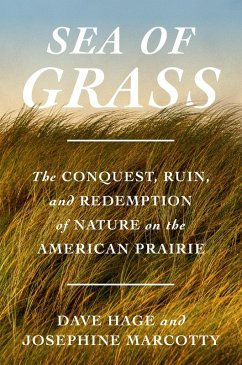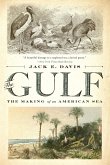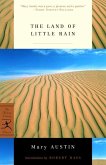A vivid portrait of the American prairie, which rivals the rainforest in its biological diversity and, with little notice, is disappearing even faster "This book describes-in loving, living prose-one of the world's greatest and most important landscapes. And it does so while there's still time to save some serious part of it."-Bill McKibben, author of The End of Nature The North American prairie is an ecological marvel, a lush carpet of grass that stretches to the horizon, and home to some of the nation's most iconic creatures-bison, elk, wolves, pronghorn, prairie dogs, and bald eagles. Plants, microbes, and animals together made the grasslands one of the richest ecosystems on Earth and a massive carbon sink, but the constant expansion of agriculture threatens what remains. When European settlers encountered the prairie nearly two hundred years ago, rather than a natural wonder they saw an alien and forbidding place. But with the steel plow, artificial drainage, and fertilizers, they converted the prairie into some of the world's most productive farmland-a transformation unprecedented in human history. American farmers fed the industrial revolution and made North America a global breadbasket, but at a terrible cost: the forced dislocation of Indigenous peoples, pollution of great rivers, and catastrophic loss of wildlife. Today, industrial agriculture continues its assault on the prairie, plowing up one million acres of grassland a year. Farmers can protect this extraordinary landscape, but trying new ideas can mean ruin in a business with razor-thin margins, and will require help from Washington, D.C., and from consumers. Veteran journalists and midwesterners Dave Hage and Josephine Marcotty reveal humanity's relationship with this incredible land, offering a deep, compassionate analysis of the difficult decisions as well as opportunities facing agricultural and Indigenous communities. Sea of Grass is a vivid portrait of a miraculous ecosystem that makes clear why the future of this region is of essential concern far beyond the heartland.
Dieser Download kann aus rechtlichen Gründen nur mit Rechnungsadresse in A, B, BG, CY, CZ, D, DK, EW, E, FIN, F, GR, HR, H, IRL, I, LT, L, LR, M, NL, PL, P, R, S, SLO, SK ausgeliefert werden.









